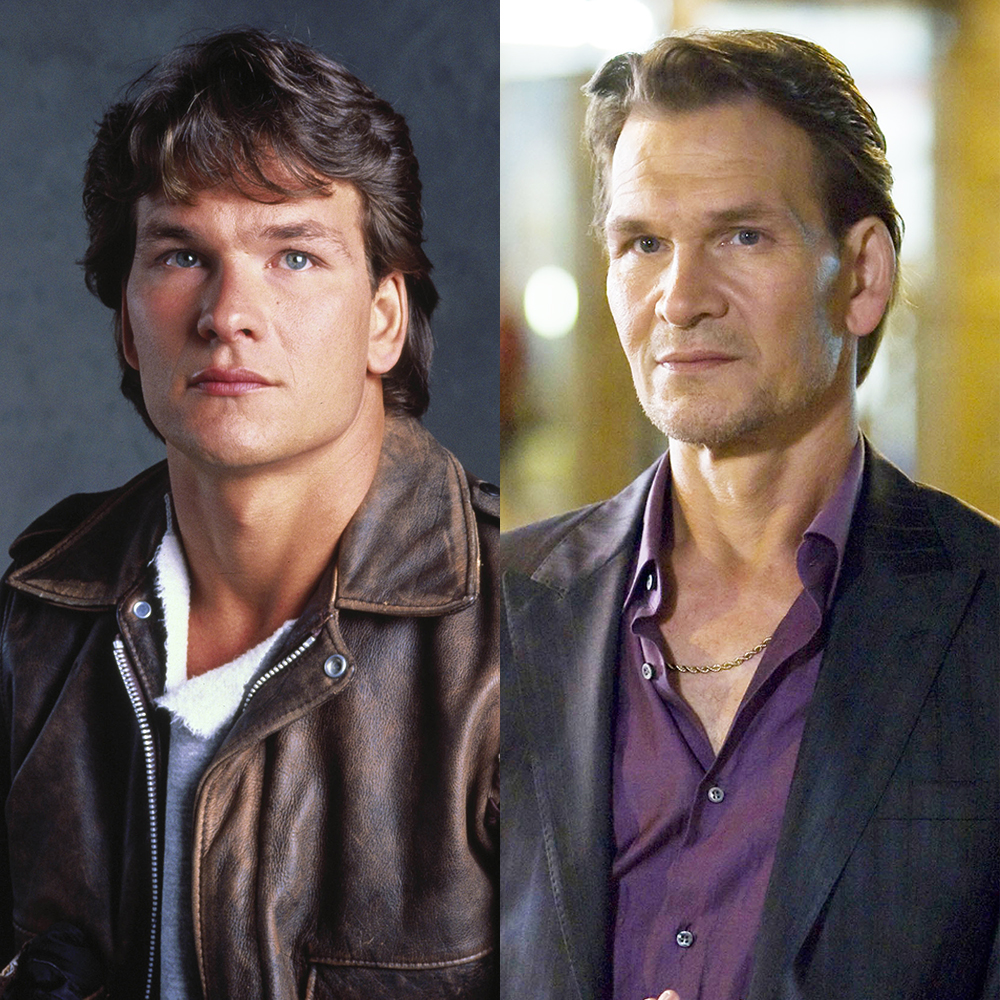Exploring the Enigmatic World of David Lynch Movies and TV Shows
David Lynch, a name synonymous with surrealism and avant-garde, has long been a beacon of unique storytelling in the realms of cinema and television. His works are a blend of the bizarre and the beautiful, the grotesque and the sublime, creating a tapestry that challenges conventional narratives. This article dives deep into the fascinating universe of David Lynch movies and TV shows, exploring their themes, impact, and the mastermind behind them.
Key Takeaways
- David Lynch is renowned for his distinctive style that blends surrealism with psychological depth.
- His most iconic works include films like “Blue Velvet” and “Mulholland Drive,” and TV shows such as “Twin Peaks.”
- Lynch’s storytelling often delves into the subconscious, exploring themes of identity, reality, and the human psyche.
- His influence extends beyond cinema, impacting art, music, and popular culture.
The Visionary Behind the Lens
David Lynch’s journey into filmmaking began with his passion for painting. His artistic background heavily influences his cinematic style, characterized by vivid imagery and a penchant for the abstract. Born on January 20, 1946, in Missoula, Montana, Lynch’s early life experiences and fascination with the surreal laid the groundwork for his future endeavors in film and television.
A Unique Cinematic Style
Lynch’s films are often described as dreamlike, with narratives that defy linear storytelling. His works challenge audiences to look beyond the surface, engaging them in a psychological exploration that is both unsettling and thought-provoking. This unique style has earned him a dedicated following and critical acclaim, making him one of the most influential filmmakers of his generation.
Iconic David Lynch Movies
David Lynch’s filmography is a testament to his creative genius, with each movie offering a glimpse into his enigmatic world.
Blue Velvet (1986)
“Blue Velvet” is a quintessential Lynch film, blending mystery, crime, and psychological horror. The film delves into the dark underbelly of suburban America, exploring themes of innocence and corruption. Its haunting imagery and evocative score by Angelo Badalamenti have cemented its status as a cult classic.

Mulholland Drive (2001)
Often hailed as one of the greatest films of the 21st century, “Mulholland Drive” is a surreal exploration of Hollywood’s dream factory. The film’s nonlinear narrative and enigmatic characters invite viewers to piece together a puzzle that blurs the line between dream and reality. Its complex storytelling and stunning visuals earned Lynch the Best Director award at the Cannes Film Festival.

Eraserhead (1977)
Lynch’s debut feature film, “Eraserhead,” is a striking example of his early style. The film’s stark black-and-white cinematography and disturbing imagery create an atmosphere of existential dread. “Eraserhead” is a deeply personal work, reflecting Lynch’s anxieties and fears, and has gained a cult following for its originality and audacity.
The Elephant Man (1980)
Based on the true story of Joseph Merrick, “The Elephant Man” showcases Lynch’s ability to blend humanity with the grotesque. The film’s poignant narrative and powerful performances earned it eight Academy Award nominations, solidifying Lynch’s reputation as a master storyteller.
David Lynch’s Impactful TV Shows
In addition to his film work, David Lynch has left an indelible mark on television, most notably with his groundbreaking series “Twin Peaks.”
Twin Peaks (1990-1991, 2017)
“Twin Peaks” revolutionized television with its blend of mystery, horror, and soap opera elements. The show’s iconic question, “Who killed Laura Palmer?” captivated audiences and became a cultural phenomenon. Lynch’s signature style is evident in the show’s eerie atmosphere and quirky characters, making it a seminal work in the history of television.
Twin Peaks: The Return (2017)
In 2017, Lynch returned to the world of “Twin Peaks” with a limited series that continued the story 25 years later. “Twin Peaks: The Return” pushed the boundaries of television, offering a complex and often surreal narrative that challenged viewers’ expectations. The series was praised for its bold storytelling and Lynch’s uncompromising vision.
Themes and Influence
Lynch’s works often explore themes of identity, duality, and the subconscious. His fascination with dreams and the human psyche is evident in the surreal landscapes and enigmatic characters that populate his films and TV shows. Lynch’s influence extends beyond the screen, impacting art, music, and popular culture.
Exploring the Subconscious
One of Lynch’s defining characteristics is his exploration of the subconscious mind. His narratives often blur the lines between reality and fantasy, inviting audiences to delve into the depths of human consciousness. This exploration is not only a hallmark of his style but also a reflection of his belief in the power of dreams and imagination.
Cultural Impact
David Lynch’s impact on popular culture is undeniable. His unique approach to storytelling has inspired countless filmmakers, artists, and musicians. Lynch’s ability to create immersive and thought-provoking worlds has cemented his status as a cultural icon, with his works continuing to captivate and challenge audiences worldwide.

David Lynch movies and TV shows are a testament to his unparalleled creativity and vision. His ability to craft narratives that defy convention and explore the complexities of the human experience has left an indelible mark on the world of cinema and television. As audiences continue to engage with his works, Lynch’s legacy as a master storyteller and visionary filmmaker remains firmly intact.



